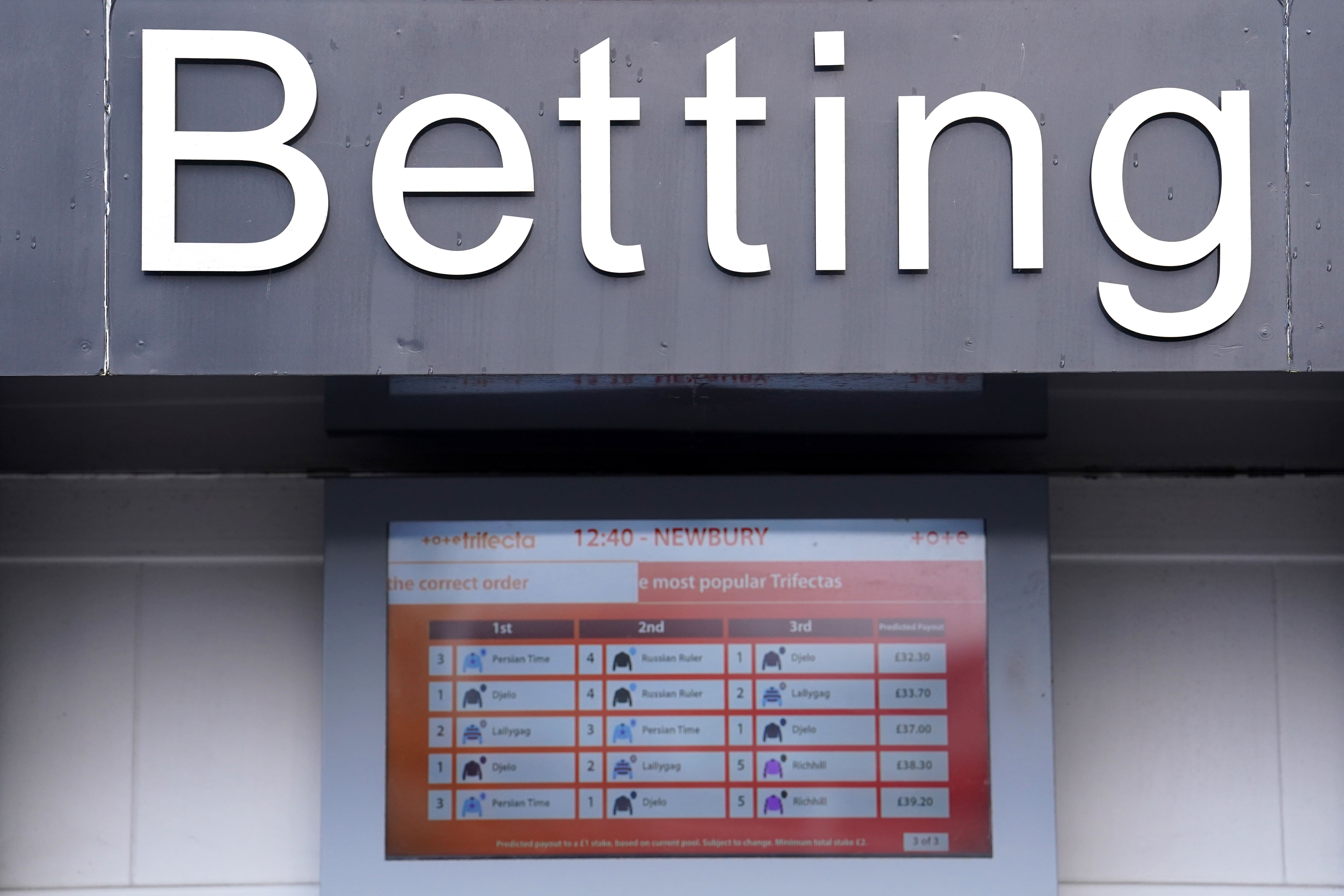Betting with inside knowledge: what are the rules?
When is using information to place a bet okay, and when could it lead to problems?

Your support helps us to tell the story
From reproductive rights to climate change to Big Tech, The Independent is on the ground when the story is developing. Whether it's investigating the financials of Elon Musk's pro-Trump PAC or producing our latest documentary, 'The A Word', which shines a light on the American women fighting for reproductive rights, we know how important it is to parse out the facts from the messaging.
At such a critical moment in US history, we need reporters on the ground. Your donation allows us to keep sending journalists to speak to both sides of the story.
The Independent is trusted by Americans across the entire political spectrum. And unlike many other quality news outlets, we choose not to lock Americans out of our reporting and analysis with paywalls. We believe quality journalism should be available to everyone, paid for by those who can afford it.
Your support makes all the difference.At least five Conservatives are being investigated by the Gambling Commission as part of its inquiry into wagers on the timing of the July 4 poll.
Labour has also been drawn into the row, suspending candidate Kevin Craig after he was investigated by the regulator for betting on himself to lose his contest in Central Suffolk and North Ipswich.
What are the rules on using information to place a bet?
What is the problem with MPs gambling on the election date?
Broadly, there is nothing wrong with MPs placing bets on the date of the election. The problem arises if they did this when they already knew what that date would be.
This is because it is potentially a criminal offence to place a bet on something when you already know the outcome, based on information that is not in the public domain.
Who is in charge of finding out what actually happened?
This is the role of the Gambling Commission, which regulates gambling in the UK. Its job is to keep crime out of gambling and ensure betting is carried out fairly and openly.
It says its investigation into bets on the timing of the election is “ongoing” and it “cannot provide any further details at this time”.
So what do the rules say?
The Gambling Act says that: “If someone uses confidential information in order to gain an unfair advantage when betting, this may constitute an offence of cheating under Section 42 of the Gambling Act, which is a criminal offence.
What does this mean?
It means that nobody, including MPs, is allowed to use inside information to place a bet or to instruct someone else to do so on their behalf. This means that they are not allowed to pass inside information on to someone else which they then use for betting.
What exactly is inside information?
Inside information is information which is known by an individual or individuals as a result of their role in connection with an event, and which is not in the public domain.
Broadly, it comes down to whether an individual should reasonably be aware that the information is restricted and should not be used for gain or passed onto third parties.
Can you give any examples?
There is a “spectrum” of misuse of inside information, as set out in a Gambling Commission policy position paper from 2018.
According to the paper, the commission would have concerns and consider taking action when a person has information they have gained because of their role in connection with a sport or event – such as an election – or because of a close association with someone with such a connection and then used this for financial gain.
Examples could include a club official with advance information about a team line-up that has not been made public or inside knowledge of the club manager leaving his position, who then uses or passes on this information to a third party for betting purposes.
Another example could be an employee working on a television talent or reality competition with advance knowledge of the winner.
So when is it OK to use information to make a bet?
You’re unlikely to run into any problems as long as you could not reasonably have known that the information is restricted.
As set out by the Gambling Commission, overhearing information in a pub, receiving a tip but having no reason to believe it is restricted information, or simply being in the “right place at the right time” would not lead to any problems. An example of this, as given in the paper, could be working in a hospital where a player is being treated for an injury which has not yet been made public.
What is the punishment if someone is found to have used inside information to place a bet?
Those found guilty could face up to two years in prison, a fine, or both. However, in many cases sanctions imposed by a sports governing body, for example, or the betting operator confiscating winnings, are seen as proportionate by the Gambling Commission.